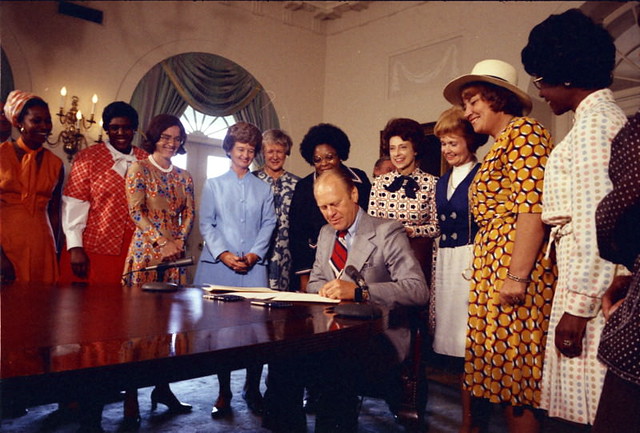Editor’s Note: Capt. Diane Carlson Evans served in the Army Nurse Corps in 1968 and 1969 in Vũng Tàu and Pleiku provinces, and is the author of Healing Wounds: A Vietnam War Combat Nurse’s 10-Year Fight to Win Women a Place of Honor in Washington, DC. She is founder and president of the Vietnam Women’s Memorial Foundation, and has received many honors for her long, difficult campaign to create the memorial to the 11,000 military and civilian women who served in Vietnam and the 265,000 who served around the world during the Vietnam era. All photographs courtesy of the author unless otherwise credited.
October 2024

Editor's Note: Elisabeth Griffith is the author of two acclaimed books on women's history, Formidable: American Women and the Fight for Equality: 1920–2020 and In Her Own Right: the Life of Elizabeth Cady Stanton. She has a PhD in history, and publishes a blog at Pink Threads on Substack.

The founders of American Heritage chose Bruce Catton to be the magazine's first editor in 1954. He had just won he Pulitzer Prize for History and the National Book Award for Nonfiction for his book A Stillness at Appomattox. Over the next two decades, Catton would write 90 essays for our magazine, in addition to his work as the editor-in-chief.
When David McCullough graduated from Yale University in 1955, his aunt bought him a copy of A Stillness at Appomattox. The gift changed his life.
Editor’s Note: Yuval Levin is the founder and editor of National Affairs and director of Social, Cultural, and Constitutional Studies at the American Enterprise Institute. He writes about the Constitution’s power to unify our fractious nation in his most recent book, American Covenant: How the Constitution Unified Our Nation – and Could Again, from which this essay was adapted.
Hope about our country does not come easily to Americans just now. Our capacity for it has been sorely tested in our time, especially by deepening divisions in our society. Americans have never lost hope in the face of outside threats, but internal discord strikes at the roots of our strength and leaves us doubtful of our capacity for renewal.
On a busy Wednesday morning last August, President and Mrs. Clinton found an hour to speak with me in the Oval Office of the White House. Defense Secretary William Perry and Attorney General Janet Reno were preparing for a live noontime conference in the West Wing press room to announce new legal policy regarding Cuban refugees; the taken-for-dead crime bill would finally pass the following day; the tumult over the future of the President’s health-care proposals was still very much in the air. We discussed none of these things, however, instead talking about history, its lessons and comforts, and what it has meant to the first couple.
When the editors at American Heritage magazine and I were talking and thinking about this article, we decided we wanted to look at the forces of history that may have influenced both of you, that may nourish you now, that may provide support and a sense of direction and perhaps a sense of comfort in difficult times.
